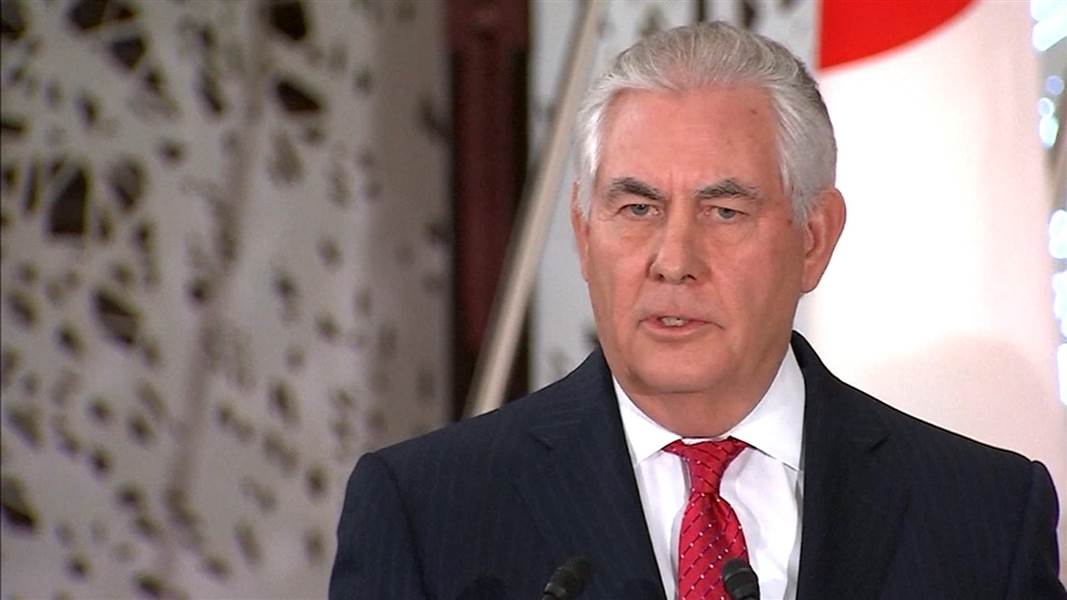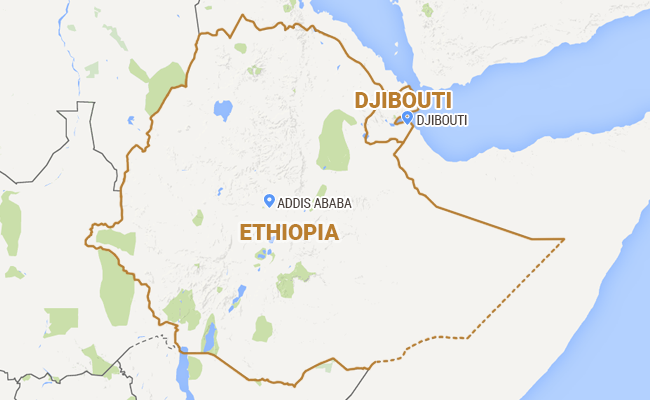
The Information and Communication Technology (ICT) sector in Nigeria has continued to sustain its position as the fastest growing industry in the country’s economy. The Telecoms Sector alone contributed a whopping N1.58 trillion as at June 2016, which represents an increase of 1.0 percent, relative to the first quarter in 2016. However, Internet penetration has continued to grow at snail speed. In this exclusive Interview with African Leadership Magazine, The Managing Director and Chief Executive Officer of Airtel Nigeria, Mr. Segun Ogunsanya, he takes us through some of his company’s efforts towards making quality data services available to a larger segment of the population. Excerpt:
The ITU Secretary General recently said that the world looks to Nigeria to repeat the miracle witnessed with the GSM in broadband penetration; how is Airtel positioning to secure a large share of the broadband Market in Nigeria?
Let me take you back to about 15 years ago, when we had just less than one million telephone lines for about 160 Million Nigerians, but as we speak we have close to about 140 Million subscriptions. You can see what this industry has done in the country, opening access to so many communities and connecting so many people. That is on voice. The next frontier in data, that is where we are moving to now. I have said in so many fora that, access to data should be more or less a universal human right, everyone should have internet access. That is a vision that is planted in my mind, that if Africa would have to get to the next level, you must give data access to everyone. Nigeria is a country of 160-170 million people, for this to be a successful story in Africa; it must first work in Nigeria. One in every five African is a Nigerian. So, if you get it right for Nigeria, you have done it right for about 25% of Africans.
On our part, Airtel have some core areas of focus to help in this vision of making data services available to all, one of which is our commitment to continue innovation. Innovations in the kinds of product we put out there; innovation in creating access at the right price. There are three key barriers to the penetration of mobile broadband: One is the price, and we can work with manufacturers to lower the price of the device; the second is the prices of the broadband, which is what we charge as service providers, which is directly within our control. The third is creating the relevant products that people can access over the internet. We are working on this three dimensions. In terms of device pricing, we are working with manufacturers to make it easier for our customers to buy, by putting up a plan that offers them the option of buying just the data and getting the devices free or paying instalment for the device. The key one is actually in the areas of broadband infrastructure, which is why we need the support of various stakeholders. The government would make it easier for service providers to secure licenses for right of way and other key requirements. We are working with a lot of state governments to make it easier lay our fibres across the country.
A recent mobility report which was carried out by Ericson, projected that Nigeria would lead the continent to One Billion Mobile subscription by 2022; what can be done to ensure that this does not remain in the realm of projections?
I think the best way to judge the future is to look at the past. In our industry, we have proven that it is doable. Like I mentioned earlier, 15 years ago we had about just half a million lines. Today, we have about 100 million lines, if you discountenance those with two or more lines. That shows the capacity of this industry. If we have done this in terms of voice, we can do so in terms of data too. It requires investment and maximum support from the government. I must commence the current government for laying emphasis on ICT as the major pillar for development in Nigeria. So, with support from the government, CAPEX from players in the industry and the capacity for people to change their habits from going to brick and mortar to looking at digital media for most of the things we do; I believe that before the year 2022, we can reach and surpass the projected growth.
Airtel was recently awarded Best Company in Support of Youth Development; tell us about some of the company’s initiatives aimed at supporting this critical segment of the country’s population?
We address this segment from two pillars, one is from the corporate social responsibility initiative; while the second is from the strictly a marketing initiative. However, the one i am more proud of is the CSR, because what we do is to look at the youths as to what gives them a level playing field to compete and as you know education is one of the greatest enabler. Education liberates people from poverty, so we have made a lot of investment in education. We adopt some schools and when we do so, it is not a one-off, it is a continuous adoption. We provide Uniforms; books; bags; buildings; boards; good teachers; good toilet facilities; portable water; we provide a full bouquet of facilities required for a kid to have a decent education. We do this in various communities within the places we operate. We just give them a chance to succeed in life. The other thing we do is, offer various products to this segment of the population. Most of our products are Youth-centric. We have a product we call Trybe and under this product, you are only expected to pay a small token to activate and afterwards all the calls to your friends are free. Also depending on the time you go to the internet, you can also have access to the internet free. We make these services affordable for the youths, who are the ones who do not have the most monies to spend. We are giving them various options for payment for voice, and data. Through these novel initiatives, we are creating an inclusive society whereby you bring more of the youths into our fold.
Airtel in 2014 briefly maintained a spot as the second largest telecommunications company according to a report by NCC, but it has today gone to the 4th place; what are you doing to put the company ahead of the competition?
We measure prosperity in this industry not by the number of customers, but by the value of customers. In terms of the value of customers, we are still the second largest telecoms services provider in the country. You can choose to have 100 million customers, but if all they do is flash, that does not give you money. When I measure the strength of our business, we do so in terms of the value that the customer brings. It is widely accepted that in terms of value in this sector, we sit in the second place. A lot more people spend more money on our network than the third and fourth operator.
Some subscribers have listed drop calls, higher calls terminations, undelivered text messages, poorer networks connectivity and a host of others, as some of the nagging problems they would like service providers to urgently tackle. What is Airtel doing to reduce this problem to the barest minimum?
We have continued to invest in the business and put more towers out there so that we can serve our customers better. But, there is something you left out, which is central to all the issues mentioned, which is the issue of unsteady power supply in the country. Everything we do depends on a steady power supply. Without an adequate power supply, it is going to be a lot more difficult to get a perfect service. Despite the erratic power supply, Airtel has been making a massive investment in infrastructure to guarantee uninterrupted service for our customers. For some of our base stations, we have two generators; solar power system; batteries, this is about three levels of redundancy, in case one fails, the other will support the station. So, imagine the cost of feeding one tower. It’s an obligation we have taken upon ourselves and we will continue to invest to provide quality power supply. The assurances I can give is that our commitment to our customers is paramount, irrespective of the cost of delivering the service; they deserve the best of services. We will continue to give them the best services in this country.
Telecoms infrastructure vandalism seems to be in an upward swing, with fibre cuts recording about 60% in 2016. What in your view can be done to check this development?
Well, one major thing would be to continue to educate the people that it is in their best interest to safeguard these assets. We will also continue to support the various communities in any way that we can, and let them understand that it is a win-win for all of us. It is an attitude thing; you cannot gain value by destroying something, which is why you need some bold persuasion and community support and also the force of the law. It is important to make it expensive for lawbreakers to get away with it. Recently a bill has been passed by the National Assembly, to support critical infrastructure and fortunately, telecoms industry is the key beneficiary of that bill. Hopefully, this will deter the bad folks, from willfully destroying critical infrastructures.
How can the Agric sector benefit from Nigeria’s tech revolution?
A lot more people are actually going back to the farm and responding positively to the call by government for people to go back to the farms. A few of my family member with good degrees are going back to the farm. We might be underestimating the number of young people that are actually going back to the farm. As an industry, we have some products that are helping farmers, especially towards bridging the buyers and sellers of farm product. We also have a service that provides the information to farmers to guide them in making informed decisions. These are some of the information that would create a prosperous farming activity.
What are we to expect from the stables of Airtel in 2017?
I will keep it simple. Nigerians should expect the best internet services from us. You can do whatsoever you would want to do with it, we would provide the platform.


